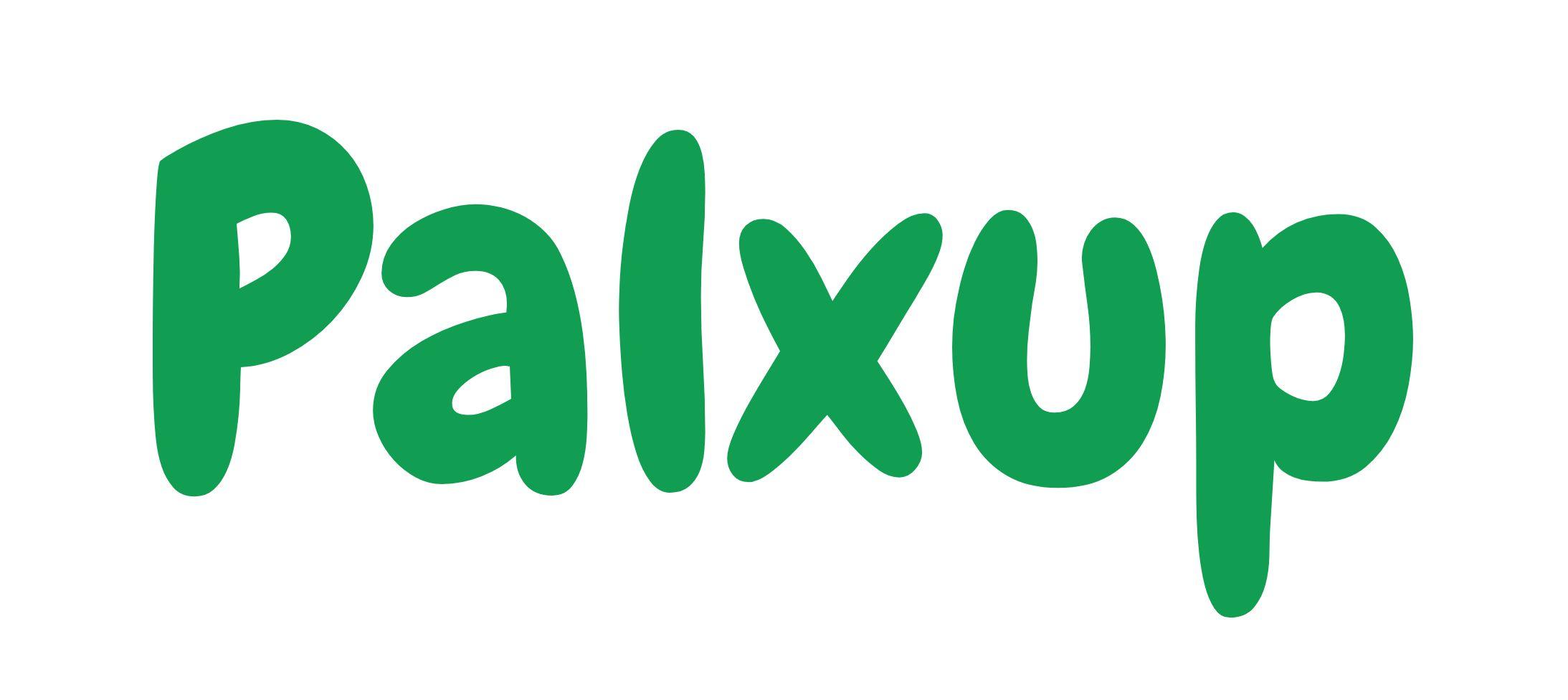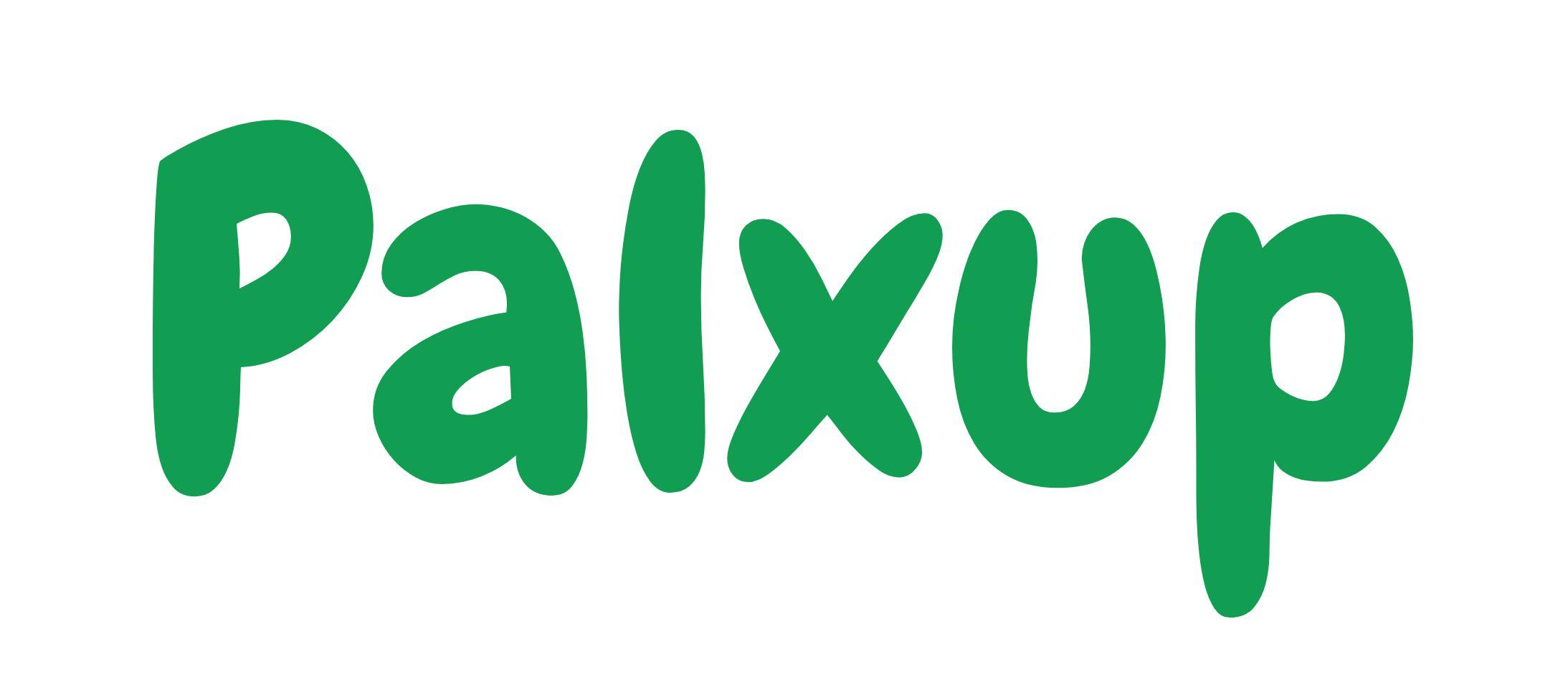Introduction:
Breastfeeding is a unique experience that provides numerous benefits for both the mother and the baby. While breastfeeding during pregnancy is an option that some mothers may consider, it can also present various challenges and risks. In this blog post, we will discuss the pros and cons of breastfeeding while pregnant and provide tips for managing this experience. We hope that this information will be helpful for pregnant and breastfeeding mothers who are considering their options for feeding their babies.
Pros of Breastfeeding While Pregnant
Breastfeeding while pregnant has some potential benefits for the mother and the older child.
• Provides continued nutrition and immune benefits to the older child
Breast milk is a rich source of nutrients and immune factors that help protect the baby from infections and diseases. When a mother continues to breastfeed during pregnancy, the older child can continue to receive these benefits, which can be especially important during cold and flu season.
• May help prepare the older child for the arrival of a new sibling
Breastfeeding can help the older child feel secure and connected to the mother, which can ease the transition when a new sibling arrives. It can also help the older child understand that they will still have a special bond with the mother, even when the new baby arrives.
• Can help maintain the bond between mother and older child
Breastfeeding is a special time for bonding between mother and child, and continuing to breastfeed during pregnancy can help maintain that connection. It can be especially important if the mother is feeling anxious or stressed about the upcoming changes in the family.
• Can be a convenient way to breastfeed if the mother plans to breastfeed the new baby as well
If the mother plans to breastfeed the new baby, continuing to breastfeed the older child can be a convenient way to manage breastfeeding for both children. The mother can nurse both children at the same time, which can save time and energy.
Overall, continuing to breastfeed while pregnant can have some potential benefits for the mother and the older child. However, it is important to be aware of the potential risks and to seek guidance from a healthcare provider.
Cons of Breastfeeding While Pregnant
While there are potential benefits to breastfeeding while pregnant, there are also some potential risks and challenges that should be considered.
• May be physically uncomfortable or exhausting for the mother
Pregnancy can already be physically demanding, and adding the demands of breastfeeding can be exhausting for some mothers. Breastfeeding can also be uncomfortable or painful as the breasts become more sensitive during pregnancy.
• May lead to decreased milk supply and/or milk composition changes
As the body prepares for the arrival of a new baby, hormonal changes can affect milk supply and composition. Some mothers may experience a decrease in milk supply or changes in the taste and consistency of their milk, which can be frustrating for the older child.
• May lead to nipple soreness or pain for the mother
As the breasts become more sensitive during pregnancy, breastfeeding can become more uncomfortable or even painful for the mother. Nipple soreness or pain can also be exacerbated by the older child's nursing habits, such as biting or sucking vigorously.
• May increase the risk of premature labor or other complications
Breastfeeding can stimulate contractions in the uterus, which may increase the risk of premature labor. This risk is generally considered low for healthy pregnancies, but it is still important to be aware of the potential risks and to seek guidance from a healthcare provider.
Overall, breastfeeding while pregnant can pose some challenges and risks for the mother and the older child. It is important to weigh these potential risks and benefits and to make an informed decision based on individual circumstances and guidance from a healthcare provider.
Tips for Managing Breastfeeding While Pregnant
If a mother decides to continue breastfeeding while pregnant, there are some tips that can help manage the challenges and risks.
• Ensure adequate nutrition and hydration for both mother and child
Pregnancy and breastfeeding require extra nutrients and hydration, so it is important for the mother to eat a healthy diet and drink plenty of water. The older child may also need additional snacks or meals to support their growth and development.
• Adjust breastfeeding positions to accommodate a growing belly
As the mother's belly grows, some breastfeeding positions may become uncomfortable or difficult. Experimenting with different positions, such as side-lying or football hold, can help accommodate a growing belly and provide more comfort for both mother and child.
• Monitor for signs of nipple soreness or pain and seek support if needed
Breastfeeding while pregnant can be uncomfortable or even painful for the mother, especially as hormonal changes affect nipple sensitivity. Monitoring for signs of nipple soreness or pain, such as cracking or bleeding, can help prevent further discomfort. Seeking support from a lactation consultant or healthcare provider can also be helpful.
• Consult with a healthcare provider to ensure safety for mother and child
It is important for the mother to consult with a healthcare provider to ensure that breastfeeding while pregnant is safe for both mother and child. Depending on individual circumstances, the healthcare provider may recommend monitoring for certain complications, reducing breastfeeding frequency or weaning the older child.
In conclusion, breastfeeding while pregnant can be a challenging and complex decision for mothers. It is important to weigh the potential benefits and risks, and to seek guidance from a healthcare provider. With the right support and resources, many mothers are able to successfully breastfeed both their older child and new baby.
Conclusion
In summary, breastfeeding while pregnant can provide continued nutrition and immune benefits for the older child, and help maintain the bond between mother and child. However, there are also potential challenges and risks, such as physical discomfort, decreased milk supply, and increased risk of premature labor.
Ultimately, the decision to breastfeed while pregnant is a personal one that each mother must make based on her own individual circumstances and preferences. It is important for mothers to seek support and guidance from healthcare providers and other resources to make informed decisions and manage any challenges that arise.
Regardless of whether a mother chooses to breastfeed while pregnant, or decides to wean the older child, what matters most is that she makes the best decision for herself and her family. With the right support and resources, mothers can navigate the challenges of breastfeeding while pregnant and provide the best possible care for both their older child and new baby.



